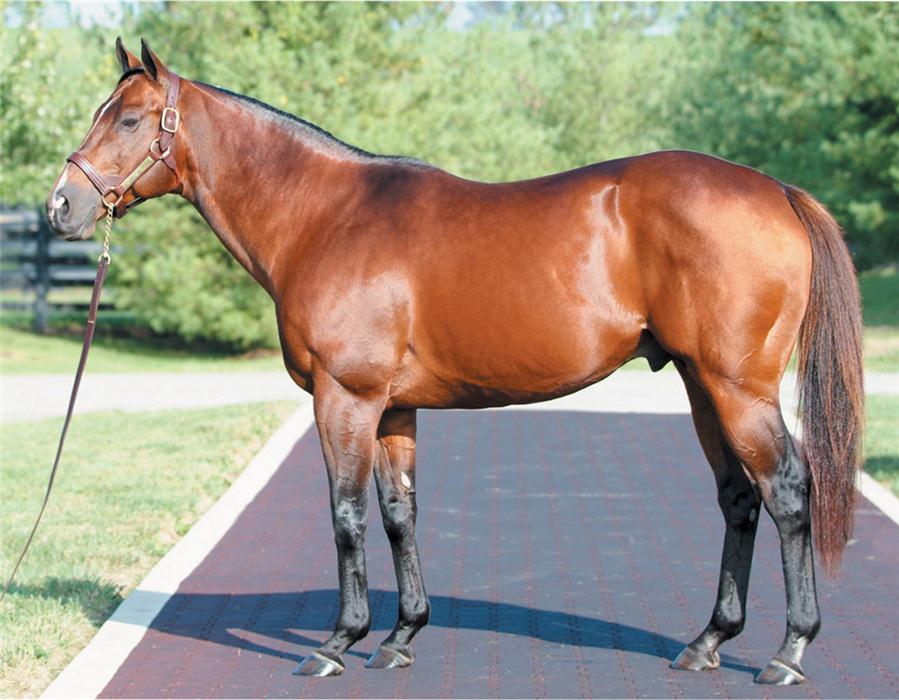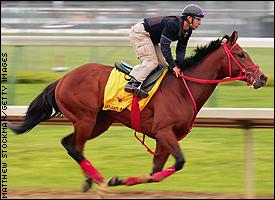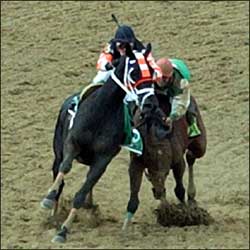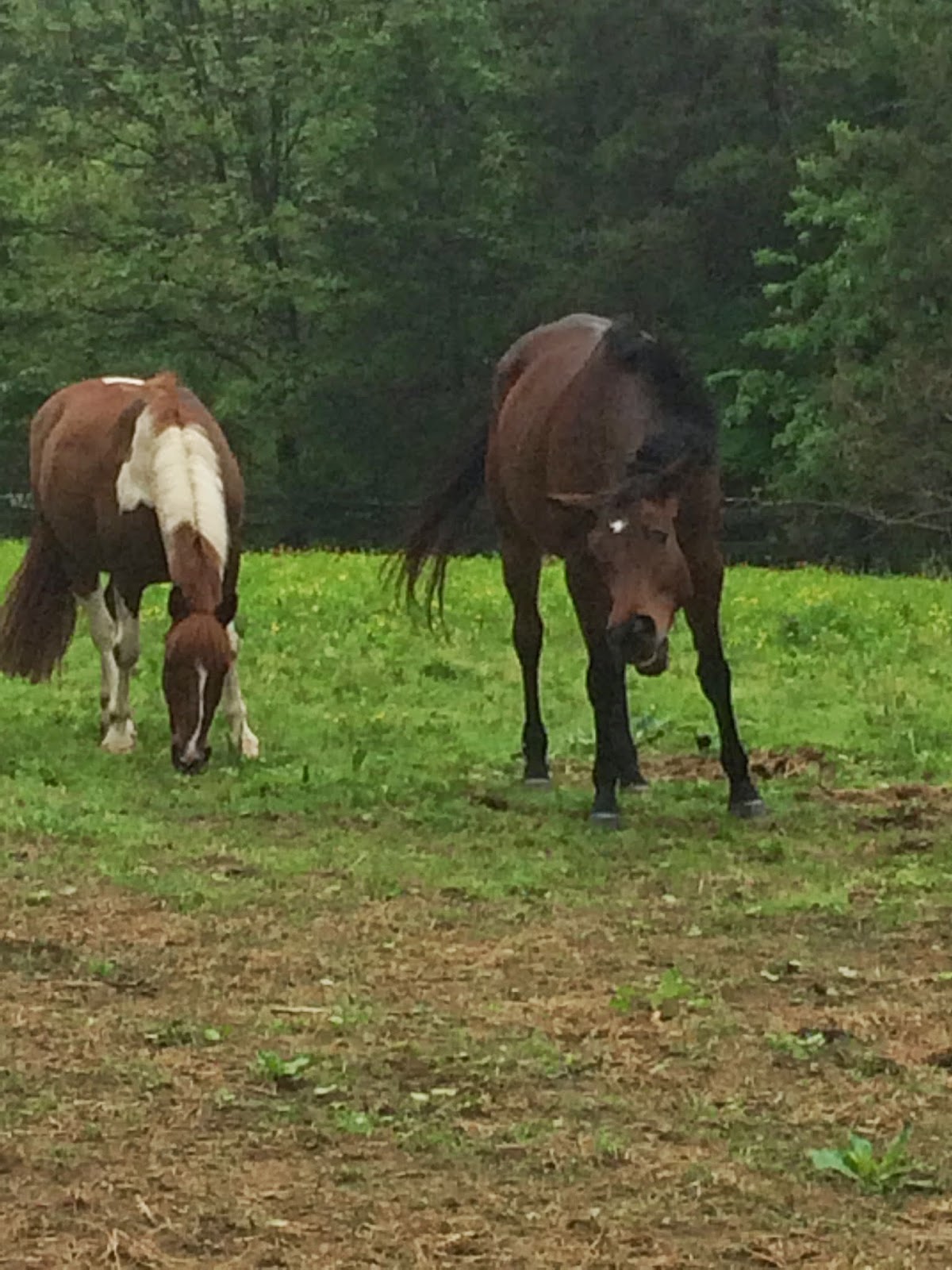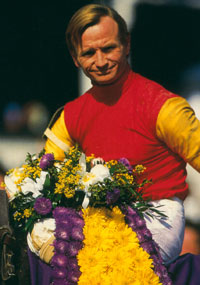This blog's name is, in some ways, an homage to Reading Rainbow, and I haven't reviewed any books yet! Crazy. A conversation with
Sprinkler Bandit gave me the idea to review
Doug Payne's new book,
The Riding Horse Repair Manual: Not the Horse You Want? Create Him from What You Have. The title is a leeeeeetle long, but I'm an academic and my book title is insane so I shan't throw stones.

In general, I'm a big fan of reading books about horse management and riding. There are many, many people in the world, some of whom are no longer alive, who know a lot more than I do about horses and riding. I'll never get to learn from them all in person, but they wrote things down! I think that reading is part of serious horsemanship because there is so much to learn. So when I heard a year ago that Doug Payne had a book in the works, I got super excited for it to come out. He's a rider I admire a lot because he can ride the trickiest horses out there and get them to excel to their fullest capabilities. He's probably best known as an eventer, and he rides at the **** level of that sport. But he's also excellent in the show jumping ring and in dressage, and his goal is to ride at the top of each of those sports. I don't see any reason why not. And believe me, eventing needs more good jumper riders.
Another thing I love about Doug is that he does the best
helmet-cam videos. He narrates over them so you not only get a chance to see what a four star jump looks like from horseback, you get to hear what he was thinking as he went. So, so great. I watch them constantly.
I snapped his book up as soon as I could, and then I stood in line at Rolex to get it signed for no reason other than I'm a dork and I wanted to say thanks for all his work to educate people.
I read the book in about three days, cover to cover. I'm a very fast reader, but the book also moves the reader along well. Doug is a good writer and the photos are great. They're almost all pictures of him sitting on some horse doing something insane. I took the book to Mary because she was interested in it (and decided to order her own copy so I got mine back) and I mentioned the myriad lunatic photos and asked what she thought that day of shooting was like. She said, "Oh, Doug just rides that every day." I gotta tell you, I don't want it enough to sit all this stuff daily!
The book is organized well. Part 1: Getting Started deals with the basics of laying a foundation and how to start a green horse and evaluate a horse you're on. He also says many times throughout that amateur riders should have help in this process and that we sometimes need to check ourselves, because we might have a horse that is too much for us. If we're scared of our horses we won't be able to commit to training them better. He talks about one of the biggest roadblocks to becoming an accomplished rider is "not being objective about your skill set" (14). He goes on:
Horses are about the most honest creatures you'll find, and they can see a "fake" without fail. As a rider, and a student of the sport, you should be objective and honest with yourself (and upfront with your instructor). Being honest about your riding will get you much farther--and faster--than trying to shortcut your way to the top. In any event, your shortcomings will be evident through the actions of your horse, so find your weaknesses, and fix them (14).
To this I say, AMEN, SISTER. I can't tell you how many times I've wished I could force a rider to be honest with herself about where she is in her ability. People often think they're better than they are, and this is a) annoying and b) dangerous. And sometimes people would be better if they were on a horse that was suitable to them, but they can't ride the horse they have so the horses and riders suffer. This is not the goal!
Part 2: Let the Games Begin, is in many ways the heart of the book. This is where he goes through a great many training and behavioral issues and various ways to work on them. The first chapter in this part sticks with his theme of riders being honest with themselves and is called "Before you Begin: Horse and Rider 'Self-Examination.'" He reminds the reader that "Problems you see in your horse are a reflection of
your training. Stay objective and slightly removed from the situation; any emotional response will be counterproductive" (59). I would like this tattooed to my forehead, please. He encourages riders to ask themselves questions that I love because we really should all be asking them of ourselves all the time. Here, I'll do them now:
Can you handle this horse's problem(s)?
Right now, Lex's problems are rhythm and not wanting to accept the bit. I feel confident that I can handle these problems, as it is interesting but not AT ALL dangerous, and that I'm dealing with it better with Mary's eyes on the ground at least twice a week.
Do you have a personal goal in mind?
In the next couple weeks, I want to get Lex's contact more consistent, make the canter more relaxed, and start over jumps again. For the summer, I'd like to get Lex to some schooling shows in just about any (English) discipline. Her world needs to grow and we won't be able to show well in any discipline until she can relax at a horse show. Ultimately, I'd like to go as far in the jumper ring as she can, and we won't know how far that is until we get there. And because I don't think it's always a good idea to set goals around just one horse, I also want to go as far as I can in the jumpers, and someday I hope to own a horse with whom I can get to the top of the sport. I hope that horse is Lex but we'll see.
Are you mentally prepared to improve?
This seems like an odd question but I think it's a good one. I'd say yes, I'm mentally prepared to improve. Nothing about moving up the levels seems scary or intimidating because I know we're laying a good foundation with my horse and that by the time we're ready to move up to any given level, we will be confirmed.
Are you at the right barn?
YES. Absolutely. I could not be happier.
I wish I could stay forever.
With your goal in mind and the environment ripe for improvement, is your horse truly able to reach that goal with you?
Oh yeah. Lex is a better athlete than I am. If anything, I'll be holding her back.
Are you willing to make the best of the opportunity you have with your horse?
To be honest, I work extremely hard at my riding and horsemanship. I can't imagine turning down an opportunity to ride or show Lex or any other horse. And I have this incredible opportunity with Mary this summer (and maybe fall) that I don't want to pass up.
Do you know when it's time to go to a professional trainer for lessons?
Girl please. I'd take a lesson every day if I could.
What do you need to improve before dealing with the horse's specific problems?
I really need to work on keeping the pressure on Lex and not giving up too soon. I have been working on my right leg position and that's still happening. I, like everyone, seem to have problems with letting my reins get too long. When my reins are short enough, most of the rest of my position problems get sorted out.
Do you have the desire--and time--to dedicate to solving your horse's issues?
Yes to both in spades at the moment. I actually have time to be bringing along a few horses right now. I need to find some broke horses to ride.
Is fear limiting your potential?
Nah. It would be if I was trying to ride Advanced. Cross country jumps over 3'6" give me the willies. But I'm cool with any jump that'll fall down as long as I'm on a horse I feel good about.
In addition to rider honesty, the other theme of this chapter is that bitting isn't likely to solve your problems. Like every good horseman I know, he advocates using a plain snaffle at home for mouth-making work and then pulling out the big bits at shows if you need them (and some horses obviously never need them). Horses will get dull to whatever bit you're using, and you can only ratchet up the bit so many times. There are a few problems that bits might help with, but overall, Doug says going to a bigger bit first is going to create more issues than it solves. This section deals with contact issues, unruly outbursts, jumping problems, and more. It's a wealth of information.
Part 3: How it Can Work for You, How it Has Worked for Me, is kind of my favorite part. He talks about how to apply his philosophies broadly, and he talks about horses he has ridden. I loved reading those stories and it served as a good reminder that top horses usually are tricky. Perfectly sane, calm, quiet horses don't go Advanced. I remember this when Lex is acting like a moose.
So at the end of the day,
yes, buy this book and read the whole thing. I devoured it and will be keeping it around as a reference because even though I'm not dealing with most of these issues at the moment, I might eventually, either on Lex (jumping problems could arise!) or in the future on another horse. And I learned about how I could have dealt with things differently and better on horses I've ridden in the past.
Have you read this book? What thoughts do you have about it?








